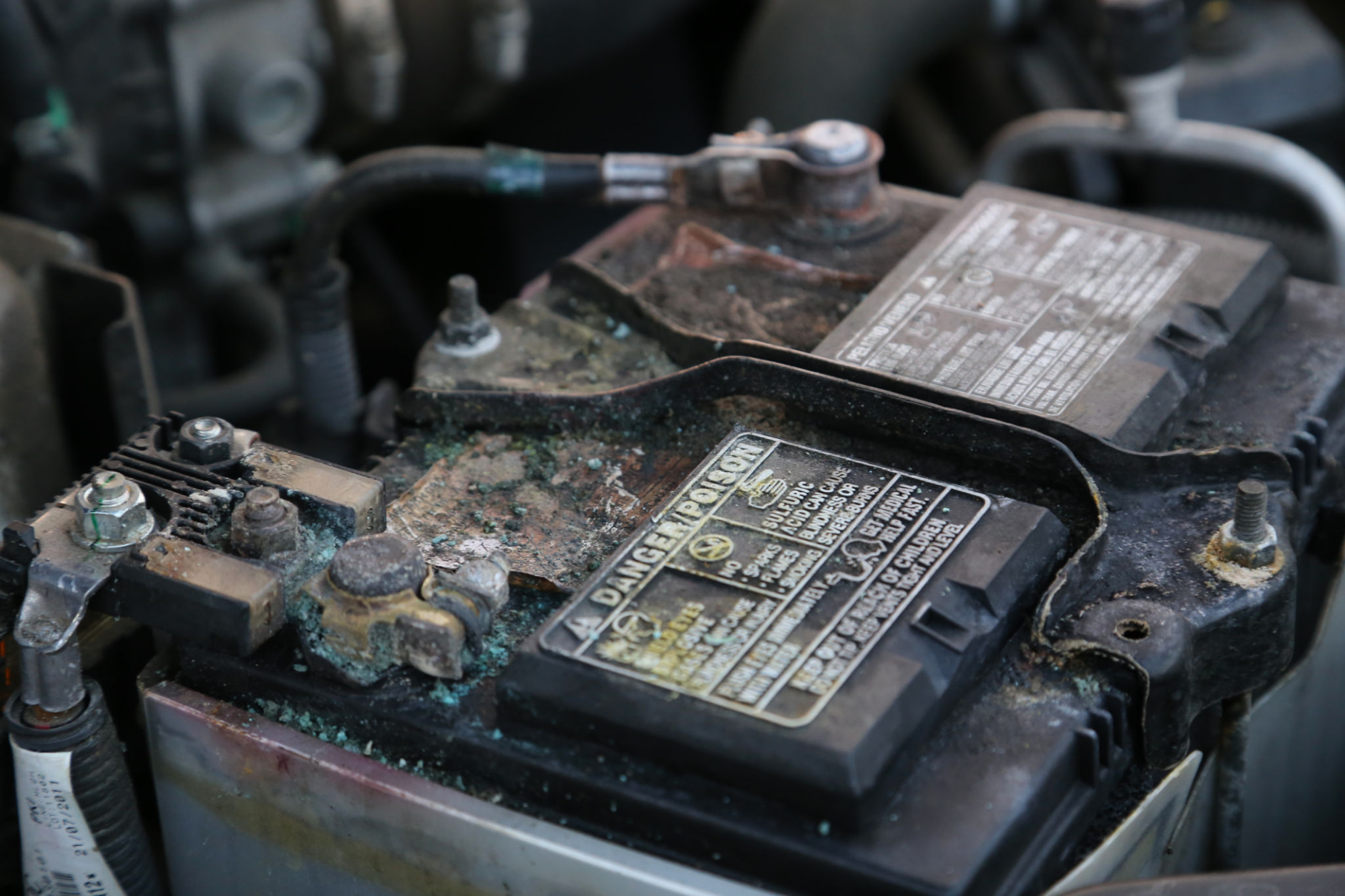Understanding Dashboard Warning Lights: A Comprehensive Guide for Bristol Drivers
Introduction to Dashboard Warning Lights
For many drivers in Bristol, understanding the myriad of dashboard warning lights can be a daunting task. These lights are crucial as they provide important information about your vehicle's health and safety. Ignoring them can lead to costly repairs or even dangerous driving conditions. In this guide, we'll help you decode these signals to ensure you stay safe on the road.

Common Dashboard Warning Lights
Check Engine Light
The check engine light is perhaps the most well-known yet misunderstood warning light. It can indicate anything from a loose gas cap to a serious engine issue. If this light illuminates, it's important to get your vehicle checked by a professional as soon as possible.
Oil Pressure Warning
This light looks like an oil can and signals that your oil pressure is low. Driving with insufficient oil pressure can cause severe engine damage. It's vital to check your oil level immediately and consult a mechanic if the problem persists.

Brake System Warning
The brake system warning light can indicate low brake fluid levels or an issue with the anti-lock braking system (ABS). Either way, brakes are critical for safe driving, so addressing this light promptly is essential.
Battery Alert
The battery alert light signals a problem with the vehicle's charging system. This could be due to a faulty alternator, battery issues, or poor connections. Ignoring this light could leave you stranded with a dead battery.

Tire Pressure Monitoring System (TPMS)
Modern vehicles are equipped with a TPMS to alert drivers when tire pressure is too low. Maintaining proper tire pressure is important for fuel efficiency and vehicle handling. Regularly check your tire pressure and adjust as necessary.
Temperature Warning
If you see a thermometer icon on your dashboard, it indicates that your engine is overheating. Continuing to drive with an overheating engine can cause severe damage, so it's crucial to stop and let the engine cool down before seeking assistance.

Conclusion
Understanding dashboard warning lights is key to maintaining your vehicle's health and ensuring your safety on Bristol roads. Regular maintenance and prompt attention to these lights can prevent more significant issues from developing. Always consult your vehicle's manual for specific information related to your make and model, and don't hesitate to seek professional help if you're unsure about any warning light.
